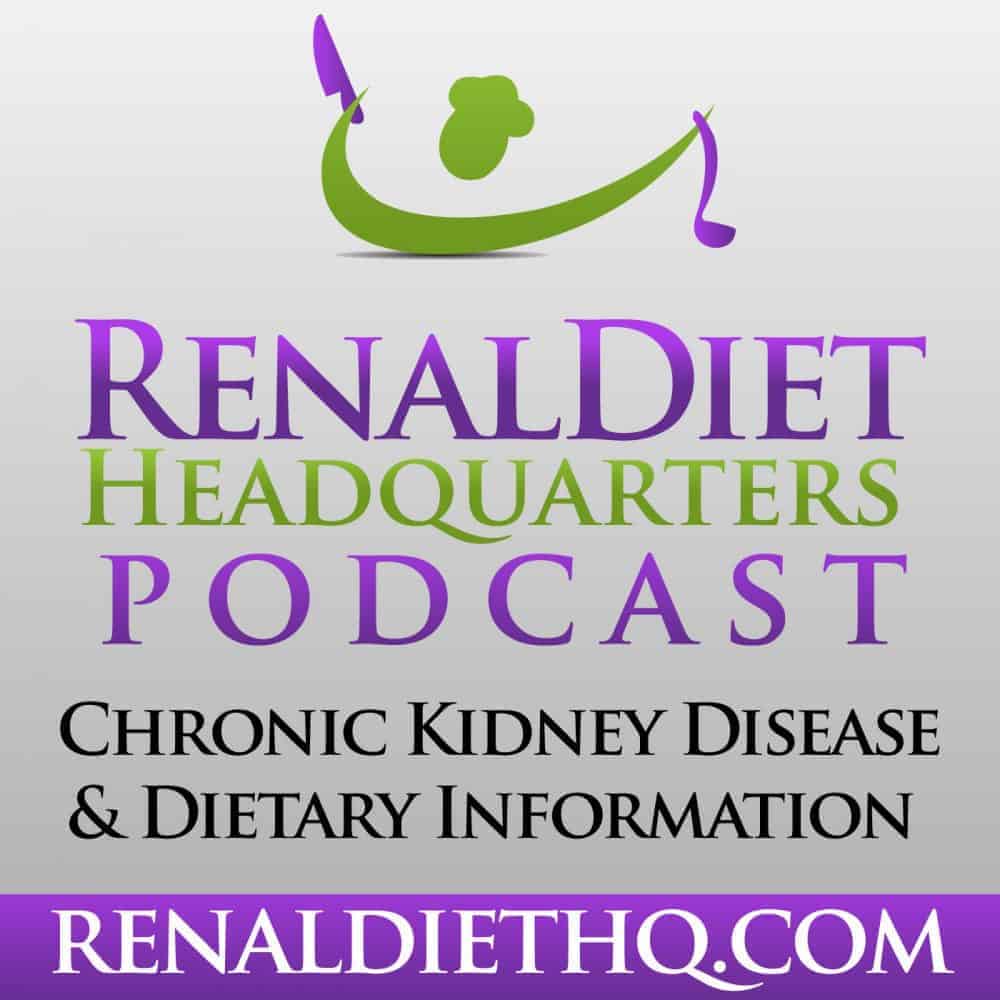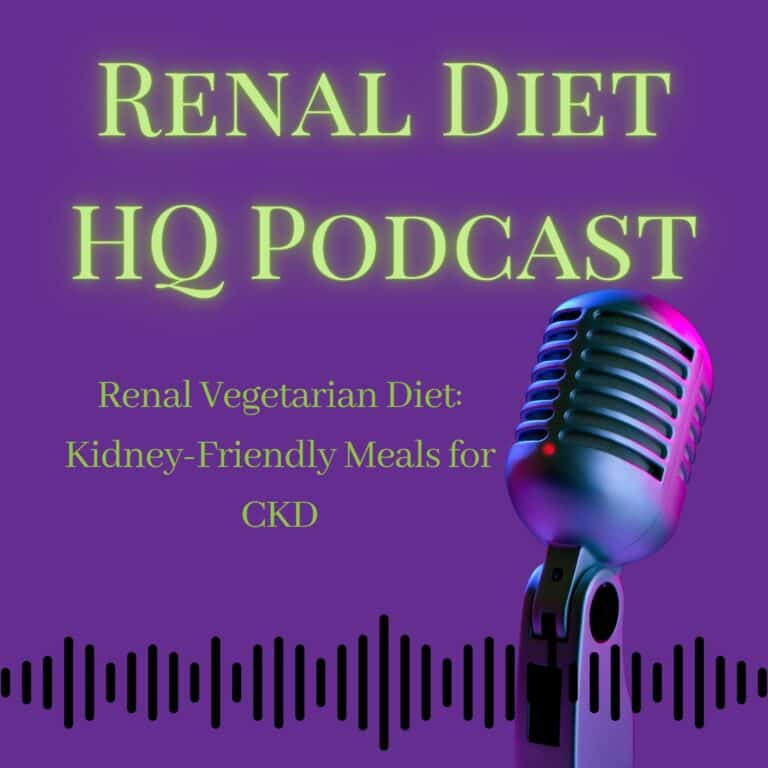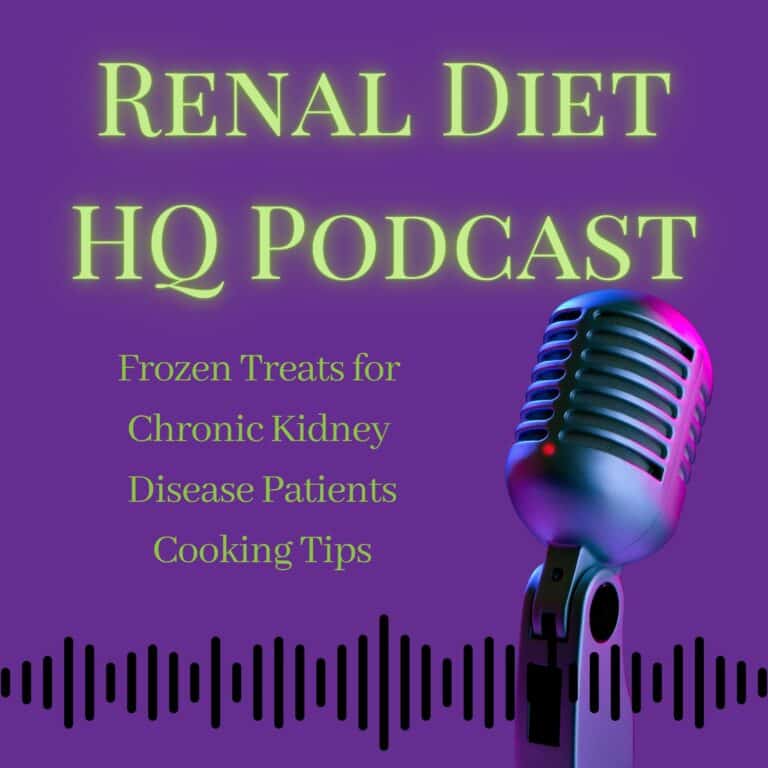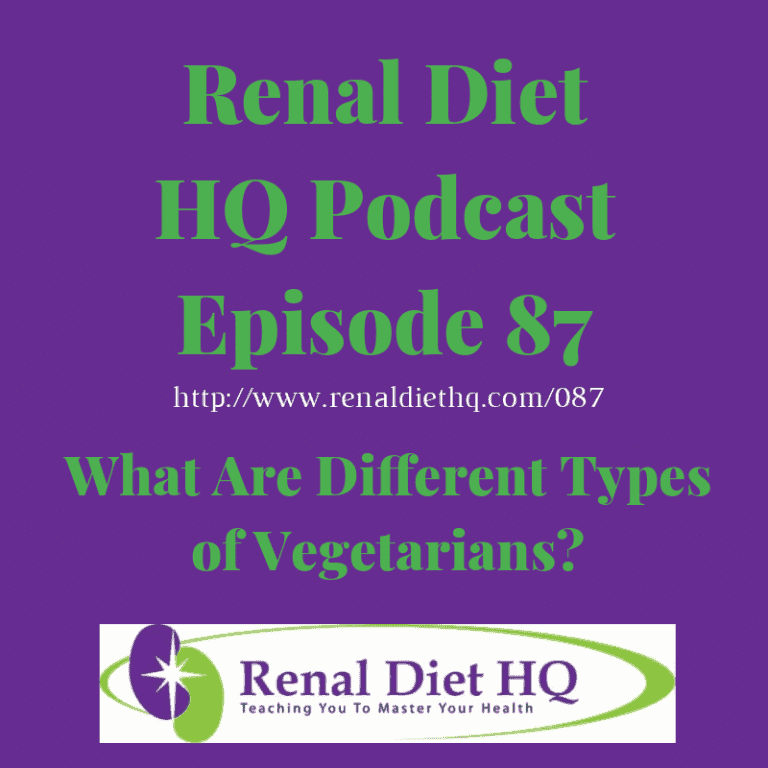CKD Nutrition For Stages 1-5 What Can I Do To Slow The Progression Of Kidney Disease- Podcast
Podcast: Play in new window | Download
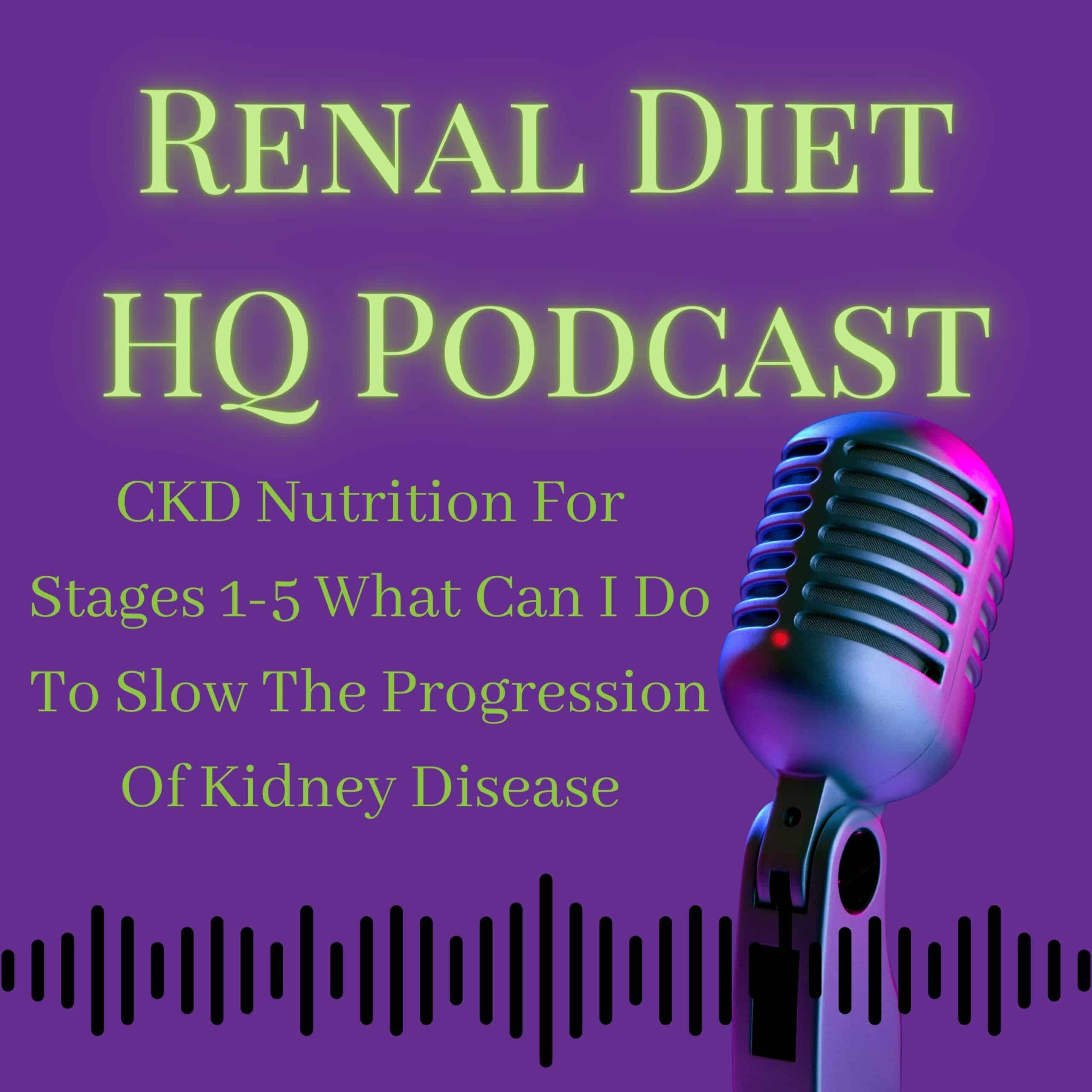
Chronic kidney disease (CKD) is a progressive condition where the kidneys lose their ability to function effectively, impacting overall health. Managing CKD is crucial, with diet playing a pivotal role. This blog post aims to provide insights, recommendations, and practical tips for each stage of CKD.
For More Recipes and Ideas --->> Get Your Free Meals and Recipes That Are Perfect for Pre-Dialysis Diets, Pre-Dialysis with Diabetes, or Dialysis Diets.
Understanding CKD
In the early stages, kidneys regulate fluid balance, filter toxins, and manage essential electrolytes. As CKD progresses, the connection between diet and kidney health becomes paramount, influencing the disease's trajectory.
Stages of CKD
- Stage 1 CKD
- Early signs and detection with normal GFR.
- Key dietary considerations: controlling related diseases, managing sodium intake, and weight.
- Emphasis on awareness and proactive management.
- Stage 2 CKD
- Mild decrease in GFR, requiring nuanced dietary adjustments.
- Introduction to the DASH diet for blood pressure regulation.
- Individualized dietary plans become essential.
- Stage 3 CKD
- Pronounced decrease in GFR with more stringent dietary adjustments.
- The importance of protein restriction and continuation of the DASH diet.
- Individualized dietary plans based on patients' needs.
- Stage 4 CKD
- Severe decrease in GFR necessitating fluid and protein restrictions.
- Monitoring potassium, sodium, and phosphorus levels.
- Focus on high-quality protein sources.
- End-Stage Renal Disease (ESRD)
- GFR below 15 ml/min.
- Dialysis options and impact on diet.
- Considerations for kidney transplant.
Post-Transplant Lifestyle
After a kidney transplant, dietary considerations shift. Monitoring fluid intake, protein sources, and nutrient balance becomes crucial. Managing potential side effects of immunosuppressive medications is also essential.
Holistic Approach to CKD Management
Continuous monitoring and adjustment of dietary needs are vital. A multidisciplinary approach involving nephrologists, dietitians, nurses, and mental health professionals ensures comprehensive care. Embracing a holistic lifestyle, including regular physical activity and stress management, supports overall well-being.
CKD management requires a continuous commitment to dietary adjustments and a holistic lifestyle. This journey, from the early stages to post-transplant, emphasizes the importance of individualized care and collaboration with healthcare professionals. Every positive step contributes to kidney health and overall well-being.
Learn more about What Are The Available Treatments For Severe Kidney Disease- Podcast
Learn more about Mastering CKD Management The Art of Sustainable Transformation- Podcast





